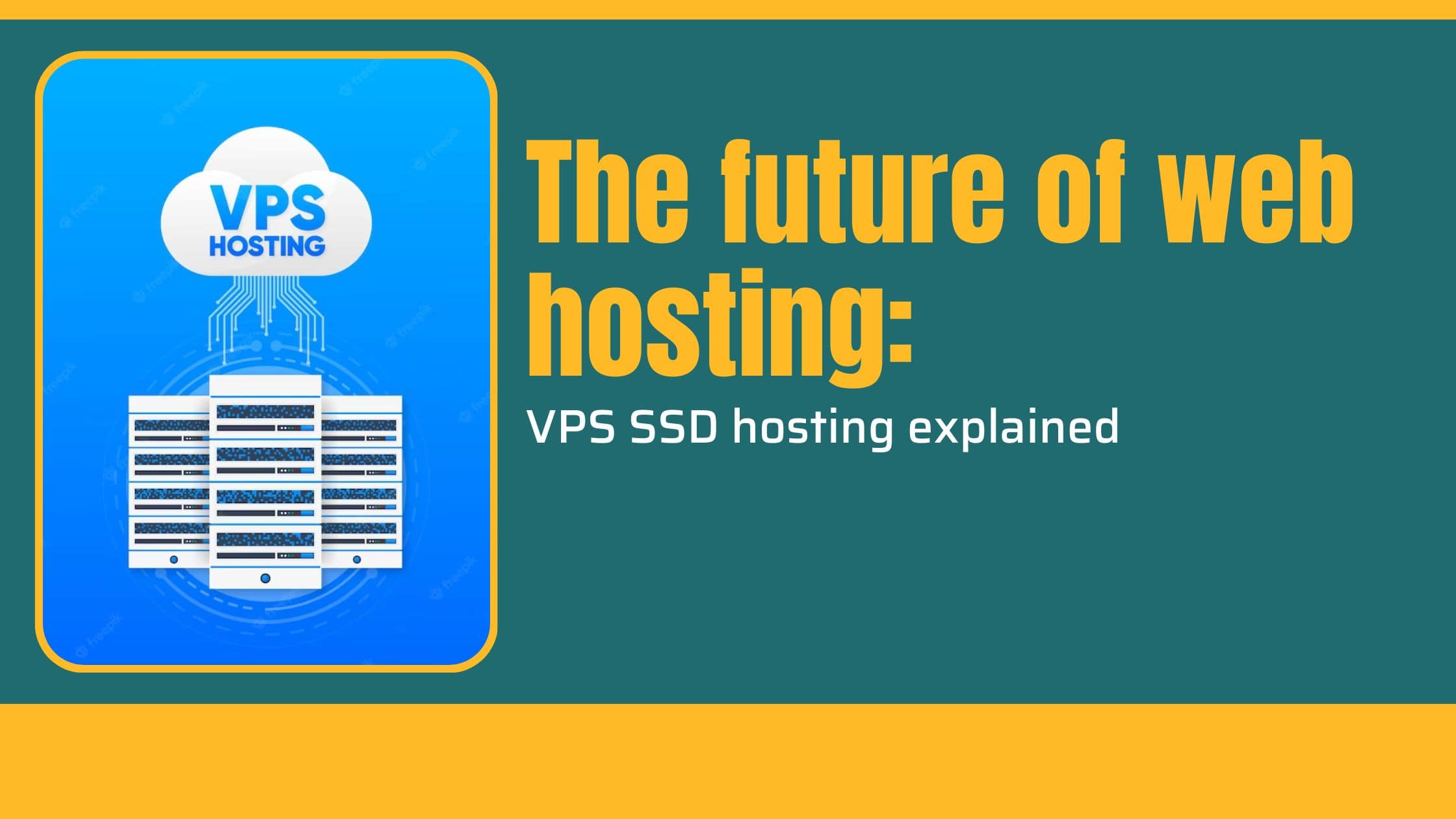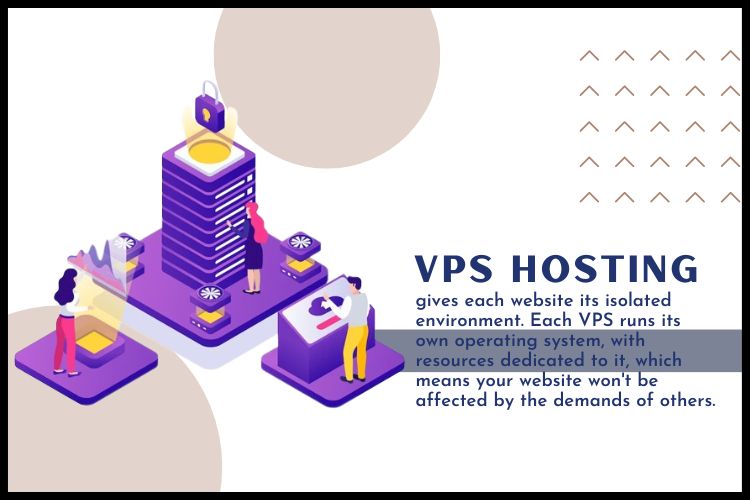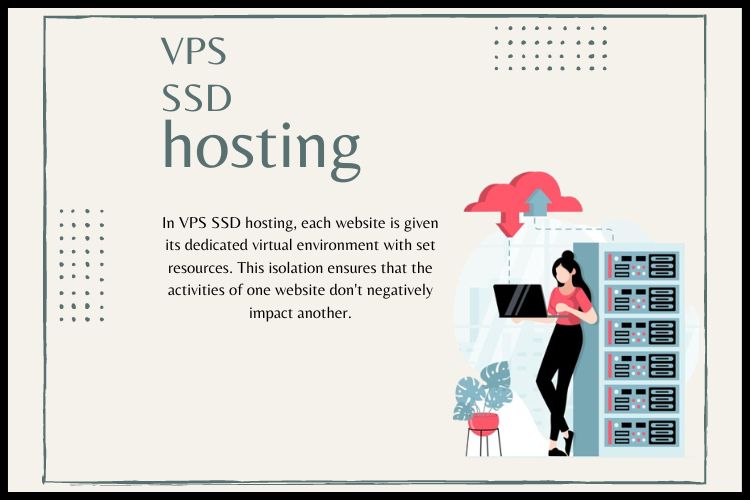Summary

Article Name
The future of web hosting: VPS SSD hosting explained
Description
As technology continues to evolve at breakneck speed, so too does the world of web hosting. Gone are the days when shared hosting was the default choice for most website owners.
Author
Iram
Publisher Name
VPS SSD Hosting
Publisher Logo


